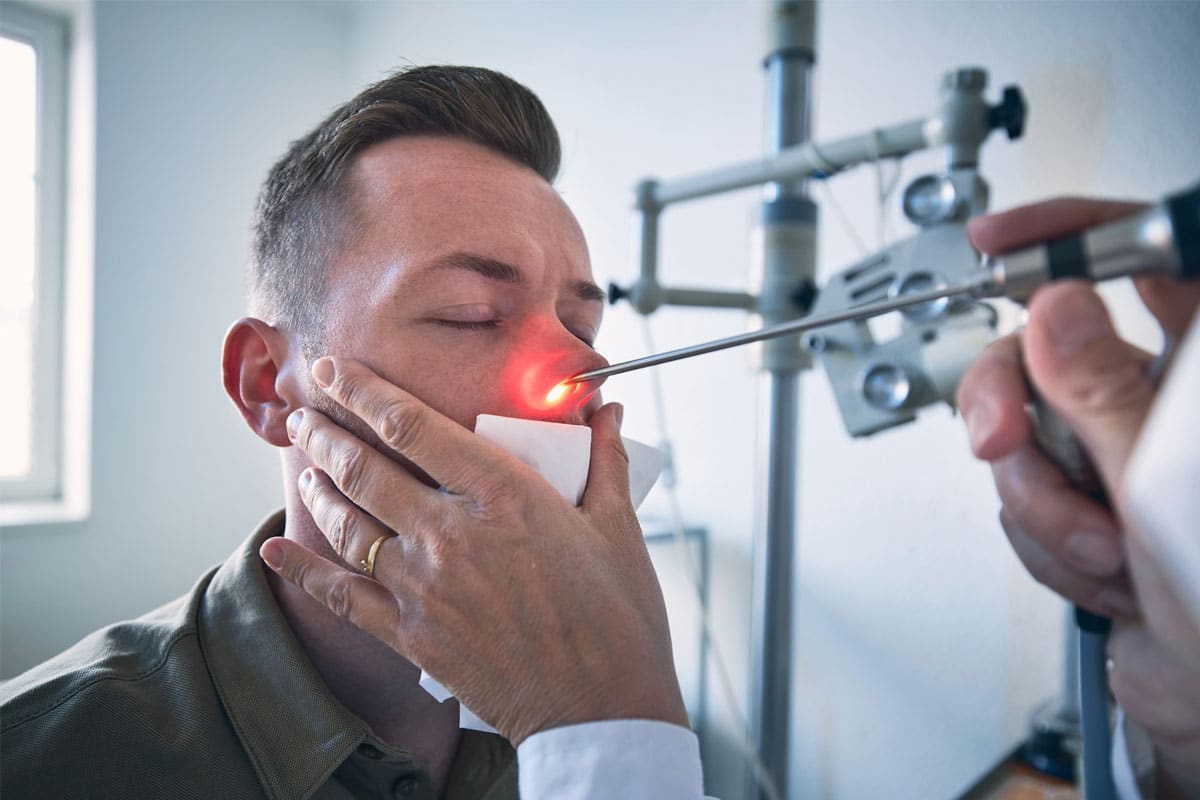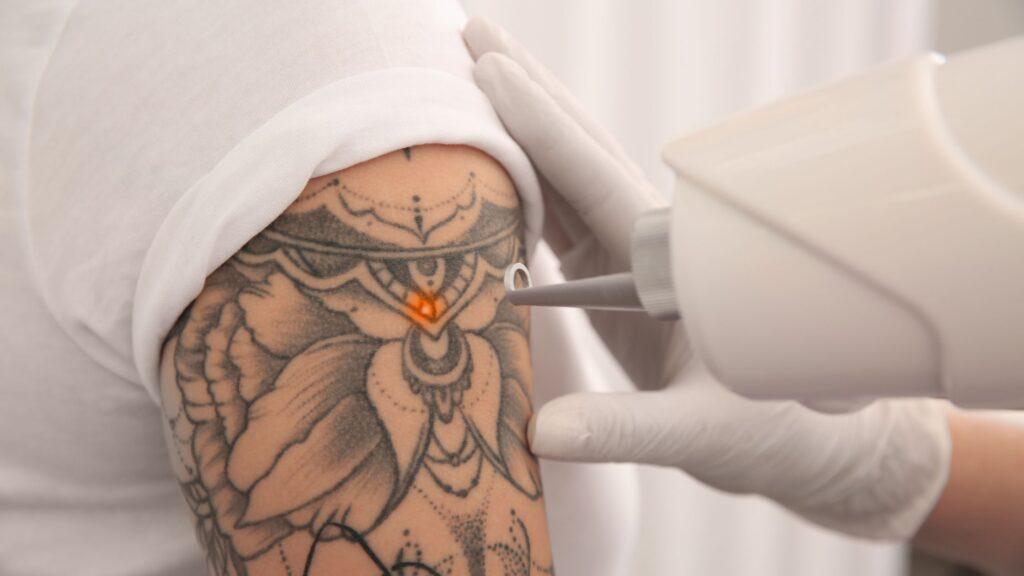Therapy plays a pivotal role in addiction recovery by addressing the root causes of substance abuse and providing the tools needed for sustained sobriety. Addiction is a complex issue that extends beyond physical dependence; it involves emotional, psychological, and social factors that all contribute to the cycle of addiction. This is where therapy becomes essential, offering a structured approach to help individuals understand their addiction, manage triggers, and build a healthier future. For those seeking comprehensive recovery programs, a rehab centre in Bangalore can offer a combination of therapeutic approaches tailored to each person’s needs.
The Different Types of Therapy in Addiction Recovery
Therapy in addiction recovery is not one-size-fits-all. Different therapeutic approaches target specific aspects of addiction, helping individuals work through their unique challenges. Some of the most common forms of therapy include:
Cognitive Behavioral Therapy (CBT): CBT is widely used in addiction treatment as it helps individuals identify and change negative thought patterns and behaviors that contribute to substance abuse. By addressing these cognitive distortions, patients learn healthier coping mechanisms and develop strategies to avoid triggers.
Dialectical Behavior Therapy (DBT): DBT is a type of cognitive-behavioral therapy that focuses on managing intense emotions, improving interpersonal relationships, and enhancing distress tolerance. It’s particularly effective for individuals who struggle with co-occurring mental health conditions, such as borderline personality disorder, alongside their addiction.
Motivational Interviewing (MI): MI is a client-centered approach that helps individuals resolve ambivalence about quitting substance use. It’s designed to boost the patient’s motivation to change by exploring the benefits of sobriety and setting achievable recovery goals.
Group Therapy: Group therapy provides a supportive environment where individuals can share experiences, learn from others, and build a sense of community. It fosters accountability and reduces feelings of isolation, which are common in addiction.
Family Therapy: Addiction doesn’t only affect the individual; it impacts the entire family unit. Family therapy helps to repair relationships, improve communication, and educate family members on how to support their loved one’s recovery. For those in Bangalore, a rehabilitation centre in Bangalore may offer specialized family therapy sessions to involve loved ones in the healing process.
How Therapy Addresses the Underlying Causes of Addiction
Addiction is often a symptom of deeper emotional pain or unresolved trauma. Therapy provides a safe space to explore these underlying issues. Whether it’s dealing with past abuse, untreated mental health conditions, or chronic stress, therapy helps individuals process their emotions and develop healthier coping mechanisms. Without addressing these root causes, individuals are more likely to relapse, as the triggers for substance use remain unaddressed.
For example, trauma-informed therapy focuses specifically on treating individuals with a history of trauma, which is often a significant factor in addiction. By helping individuals understand the connection between their trauma and their substance use, therapy equips them with the tools to break free from the cycle of addiction.
The Role of Therapy in Preventing Relapse
One of the biggest challenges in addiction recovery is maintaining long-term sobriety. Relapse is common, but therapy can significantly reduce the likelihood of returning to substance use. Through therapy, individuals learn to identify high-risk situations, manage cravings, and develop a solid relapse prevention plan.
Cognitive Behavioral Therapy (CBT), in particular, has been shown to be highly effective in relapse prevention. CBT teaches individuals to recognize their thought patterns and behaviors that lead to substance use, allowing them to intervene before they relapse. For those attending a rehabilitation centre in Bangalore, regular therapy sessions are often included in the aftercare program to support ongoing recovery.
Building Healthy Coping Mechanisms
Substance abuse is often a way for individuals to cope with stress, anxiety, or emotional pain. Therapy helps to replace unhealthy coping mechanisms with positive ones. Through techniques like mindfulness, stress management, and emotion regulation, individuals gain the skills they need to handle life’s challenges without resorting to drugs or alcohol.
Therapy also emphasizes building a balanced lifestyle that supports sobriety. This includes incorporating regular exercise, healthy eating, and social support into daily routines. A rehabilitation centre in Bangalore may offer a holistic approach to recovery, integrating physical wellness, mental health, and spiritual growth into the treatment plan.
Therapy as Part of a Comprehensive Treatment Plan
Therapy alone is not enough to ensure recovery. It’s most effective when combined with other treatment modalities, such as medical detox, medication-assisted treatment (MAT), and holistic therapies like yoga and meditation. A rehabilitation centre in Bangalore typically offers a comprehensive treatment plan that includes a range of therapeutic interventions tailored to the individual’s needs.
Inpatient and outpatient rehab programs both incorporate therapy as a core component of treatment. In inpatient settings, therapy sessions are more intensive and occur daily, while outpatient programs offer flexibility with weekly or bi-weekly sessions.
Therapy is a cornerstone of addiction recovery, providing the necessary tools to overcome addiction, address its root causes, and prevent relapse. From cognitive-behavioral techniques to family therapy, the various forms of therapy offer personalized support for each stage of the recovery journey. For individuals in Bangalore, seeking help from a trusted rehabilitation centre in Bangalore can provide access to the specialized therapy needed for a successful recovery. With the right therapeutic support, individuals can build a foundation for lasting sobriety and a healthier, more fulfilling life.





